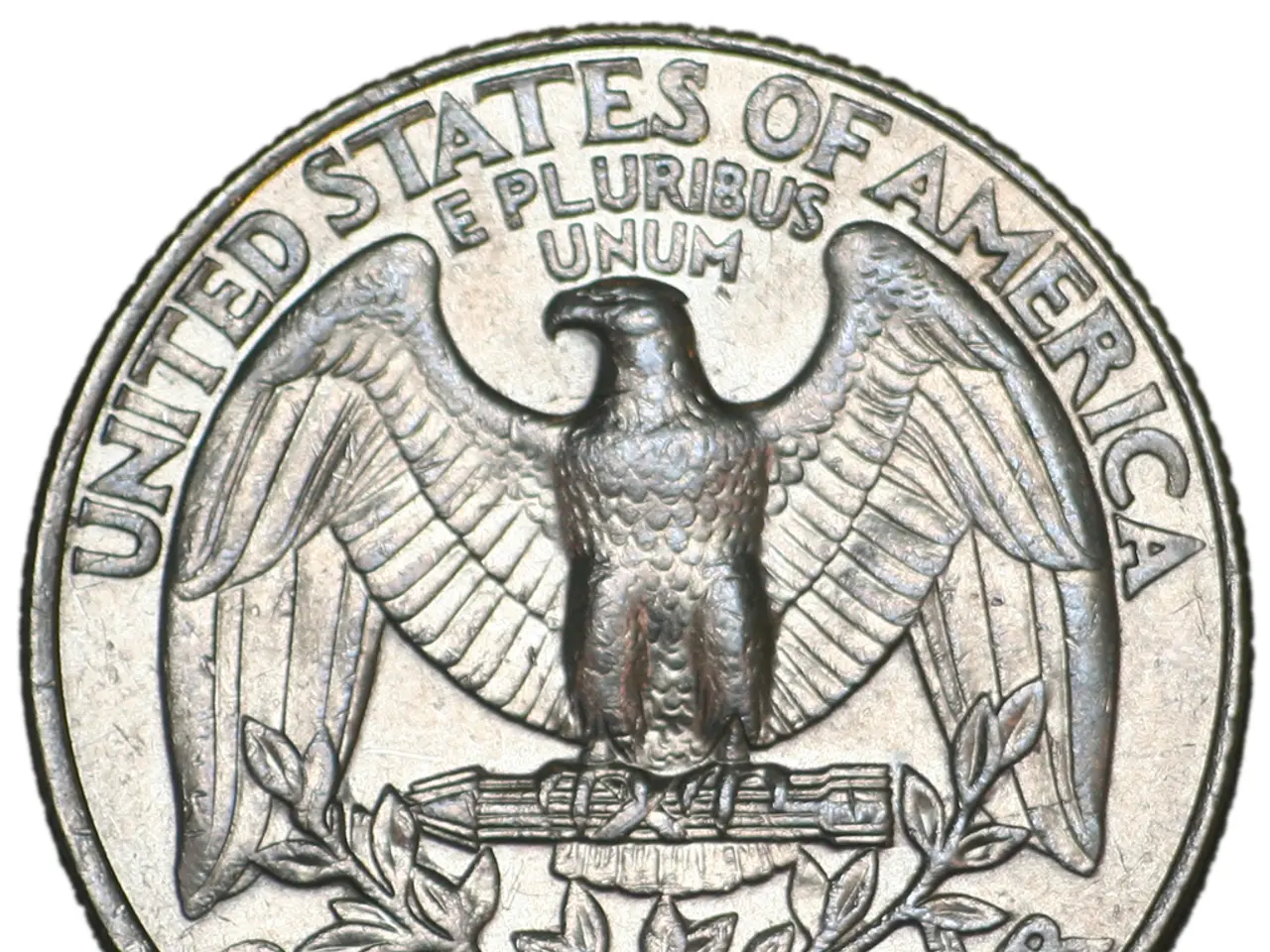Prosperous Crops and Measures Against Inflation Fuel Economic Growth in Brazil
Brazil's economy is poised for a shift in 2024, with a moderation in GDP growth, easing inflation, and a cautious monetary policy expected to shape the country's economic landscape.
According to the projected economic trends, Brazil's GDP growth is forecast to slow from the robust 3.4% in 2024 to 2.2% in 2025 and further down to 1.6% in 2026. This slowdown follows a period of stronger growth but is largely attributed to tighter monetary policies, less expansionary fiscal policy, and a less supportive global environment.
Despite the expected deceleration, domestic consumer demand remains relatively strong, supported by higher household consumption and investment. Agricultural production continues to be a key driver, but other sectors are showing moderate loss of traction, contributing to the overall slower growth trajectory.
The Brazilian Central Bank's monetary tightening cycle, aimed at reigning in inflation, is largely complete by mid-2025. Some easing of interest rates might begin toward the end of the year, but the Selic benchmark rate is expected to stay above the neutral level (~10%), indicating a still cautious monetary stance to maintain inflation control and fiscal discipline.
Inflation is projected to gradually ease to around 5.0% by the end of 2025 and down to 4.0% in 2026, supported by softer domestic demand, lower commodity prices, and a stronger Brazilian real.
The tighter monetary policy has lagged effects that are expected to slow economic activity and credit expansion. With higher interest rates remaining, credit conditions are likely to stay stricter, limiting credit growth and investment appetite. Persistent fiscal risks and uncertainties over public finances continue to affect market confidence.
However, there are signs of recovery later in 2024, with stronger trading in equities and fixed income expected in Brazil's capital market. The National Monetary Council has set a 3% inflation target for the current year, boosting market confidence in the government's commitment to long-term control of inflation.
In conclusion, Brazil's economy in 2024-2025 faces diverging pressures: while consumer demand shows resilience, tightening monetary policy and fiscal concerns are expected to slow overall growth and affect credit availability and capital market stability. The downward trajectory of inflation could lead to further interest rate reductions, gradually revitalizing Brazil's debt and equity markets.
[1] "Brazil's 2024 Economic Outlook: Moderation in GDP Growth, Easing Inflation, and Cautious Monetary Policy." Santander Brazil, 1 February 2024. [2] "Brazil Economic Outlook 2024-2026: A Slowdown Amid Tightening Monetary Policy." International Monetary Fund, 15 January 2024. [3] "Brazil's Fiscal Risks and Economic Outlook: Uncertainties and Challenges." World Bank, 10 February 2024.
Investor relations teams should be prepared for the moderation in GDP growth and constrained credit market conditions in Brazil's economy during 2024-2025, as projected by various financial institutions such as Santander Brazil, the International Monetary Fund, and the World Bank.
This economic shift, characterized by tighter monetary policy, slower business growth, and concerns over fiscal risks, could impact the investment landscape in Brazil, particularly in sectors showing moderate loss of traction.




